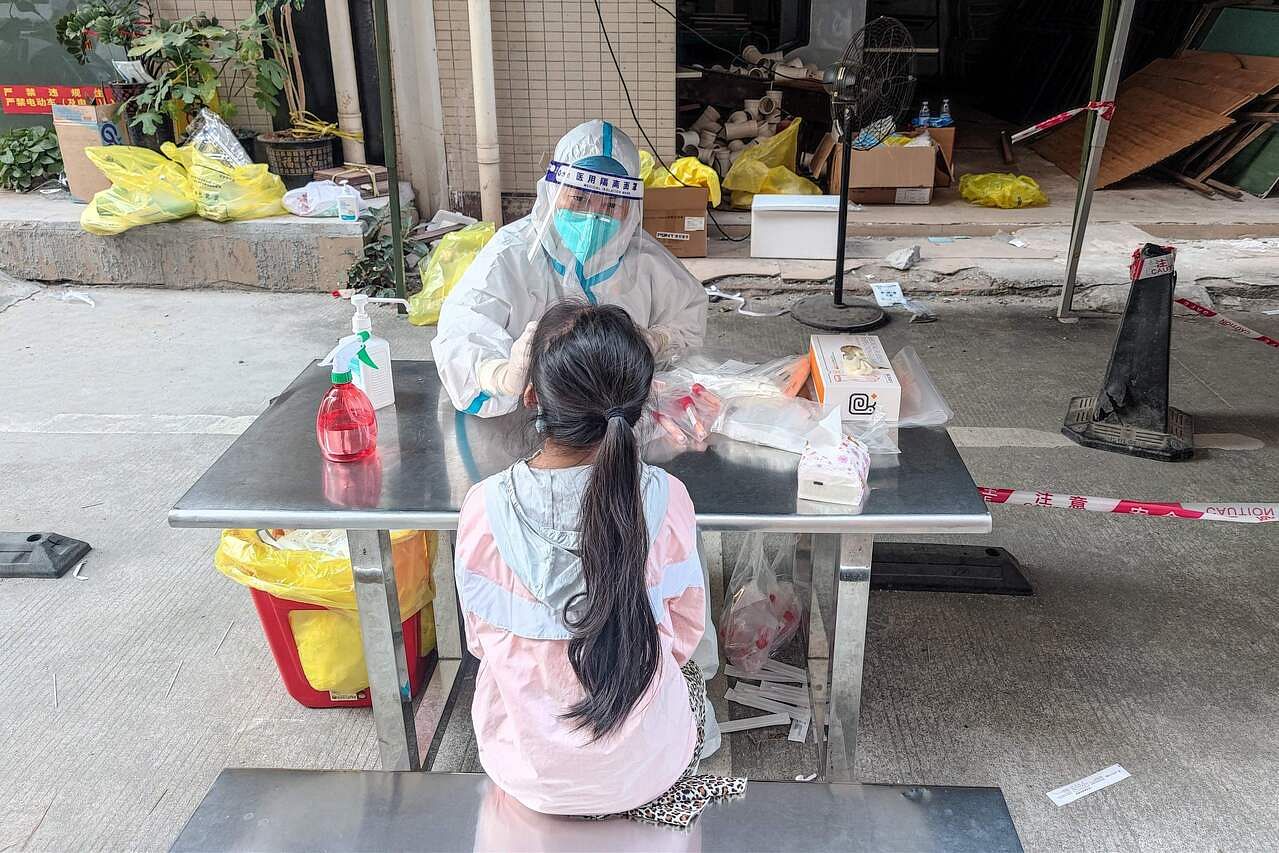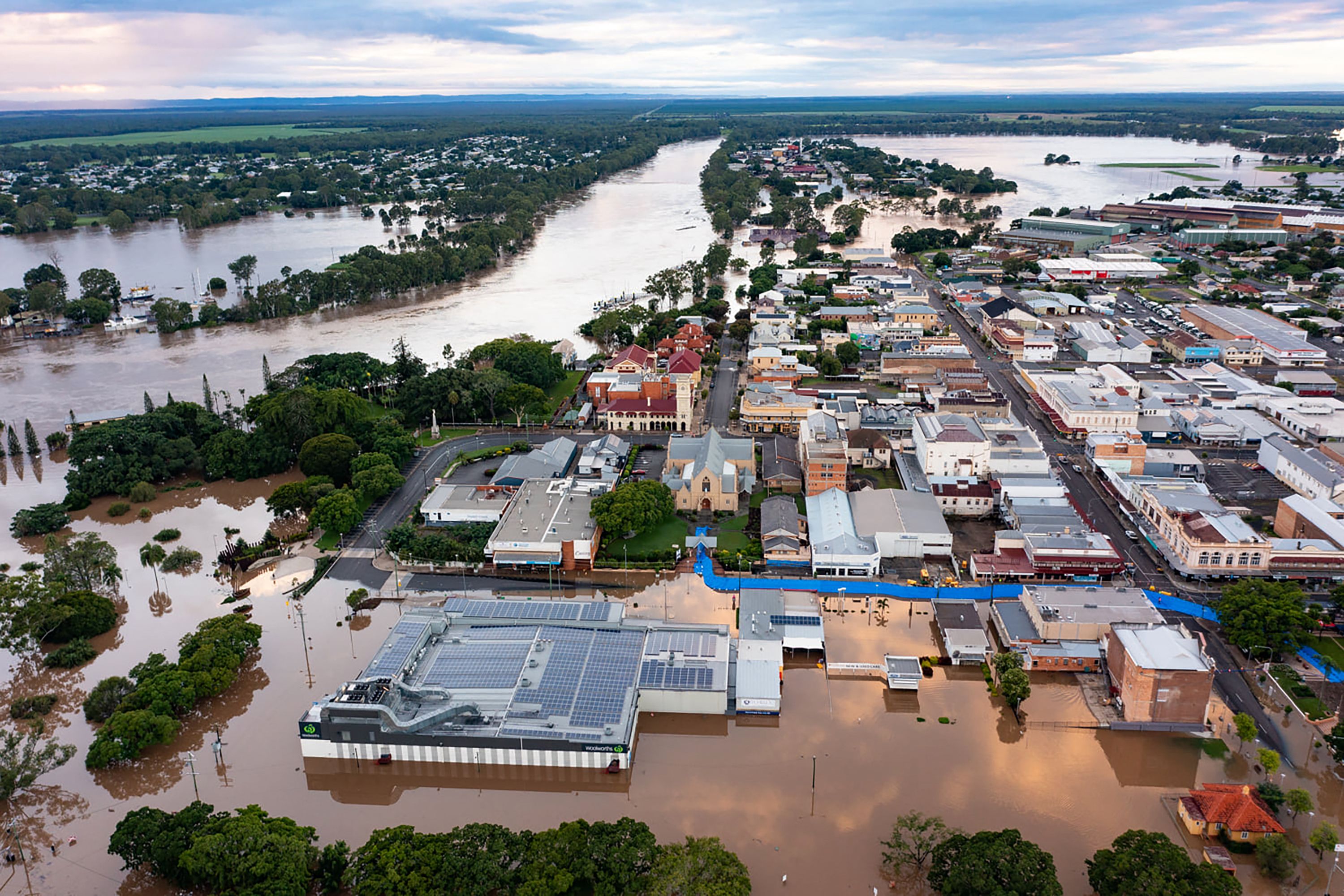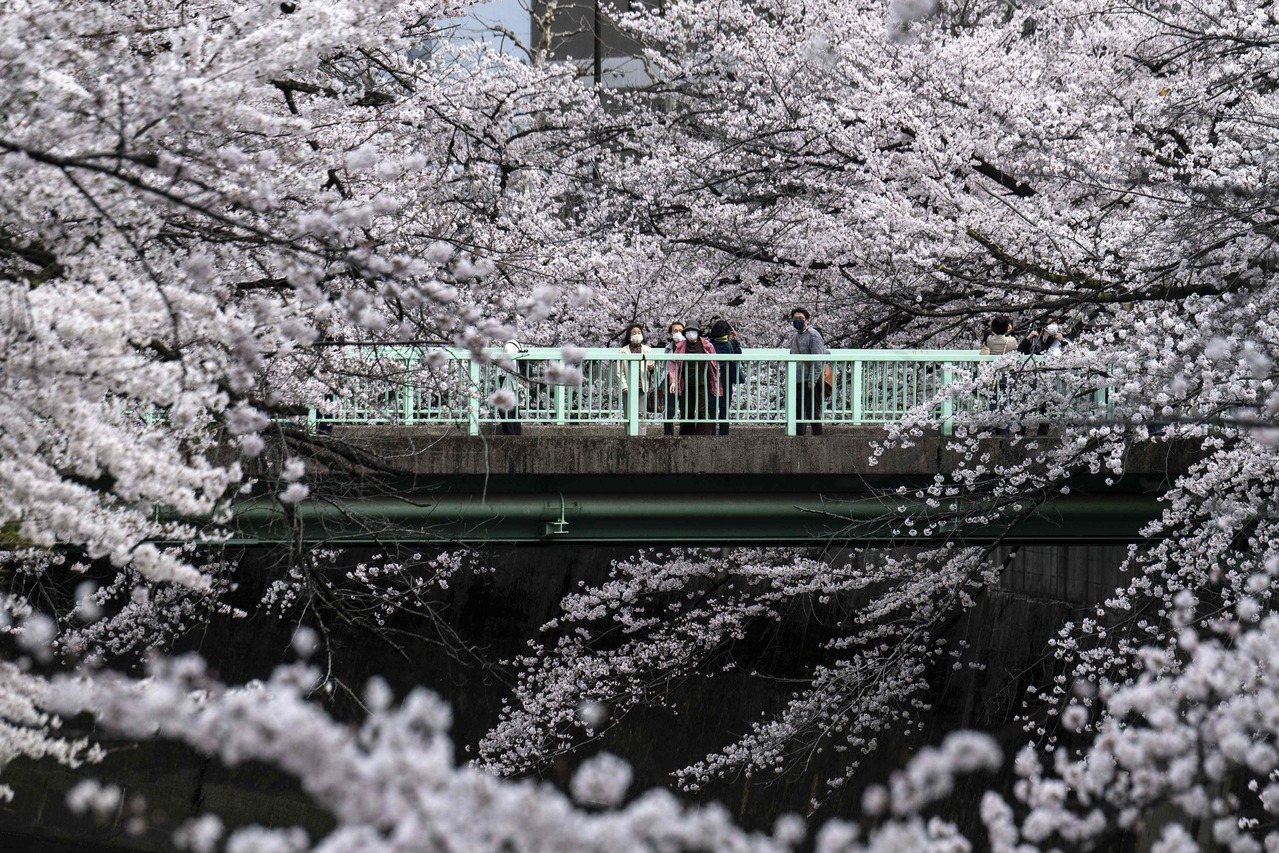Dear ST reader,
We hope you’ve been keeping well.
In our Asian Insider newsletter this week, we examine the state of globalisation and whether the Ukraine war will send the world back into distinct geopolitical and economic spheres. We also look at the state of the pandemic, with China still battling Covid-19 outbreaks with lockdowns even as its neighbours ease controls and reopen their borders.
The state of globalisation

The Ukraine war has forced nations to relook their national security and self-sufficiency, as global supply chains are disrupted and sanctions push them to take sides. Will trade and investments no longer flow freely across borders? Will the world be geopolitically split, with powerful autocracies on one side facing off liberal democracies on the other? Our correspondents delve into these issues in our latest instalment of Asian Insider.
You can also listen to our globalisation discussion on the Asian Insider podcast.
Watch the ST Connect Webinar which discusses how Russia’s invasion of Ukraine has shifted the world order and spurred a rise in European nationalism.
Read more on the Singapore perspective:
Taking peace and sovereignty for granted
Pandemic or endemic

China continues to battle Covid-19 outbreaks by imposing strict lockdowns and mass testing, prompting complaints from residents in Shanghai who’ve had to fight “tooth and nail” for fresh vegetables, and concerns of a brain drain in Hong Kong.
China bureau chief Tan Dawn Wei discusses the Shanghai lockdown, and other news in the China Perspective Podcast.
Elsewhere however, rules are being eased as people adjust to living with the virus.
Mobile editor Jeremy Au Yong gives some advice on how to navigate the “new abnormal” in Singapore, where wearing a mask outdoors is now optional.
Meanwhile in Malaysia’s southern state of Johor, businesses are set for an influx of visitors when the land borders with Singapore reopen. In a meeting in Yogyakarta, Indonesia, health officials from the G-20 countries agreed to standardise Covid-19 protocols to make international travel easier. And India’s recent decision to reopen its skies to international flights is spurring expansion in the aviation sector.
Nuclear lessons for Asia

East Asian countries like Japan and South Korea are rethinking their policy on nuclear weapons, writes Danson Cheong from Beijing, in view of the potential threat posed by North Korea and China. Nuclear weapons are the ultimate deterrent, he says in the latest edition of Power Play, and the popular narrative now is that Russia would not have invaded Ukraine if Ukraine still had its nukes.
Meanwhile analysts tell South Korea correspondent Chang May Choon that the US needs to talk about arms control with Pyongyang, instead of engaging it in a “dangerous game of chicken”.
Climate risks

Climate risks may get too costly to insure against, reports David Fogarty, and it may make more financial sense to invest in adaptation measures that allow cities and communities to better tackle events like floods, droughts and wildfires.
In West Kalimantan, Indonesia, villagers have invested in replanting mangroves to protect themselves against damaging floods, reports Linda Yulisman.
Flower power

Fresh starts, fragility and farewells. These are just some of the poetic meanings ascribed to Japan’s cherry blossom season, when the sakura blooms and withers in just days. Our correspondent in Tokyo, Walter Sim, explains sakura culture in the latest dispatch of Letter from the Bureau.

